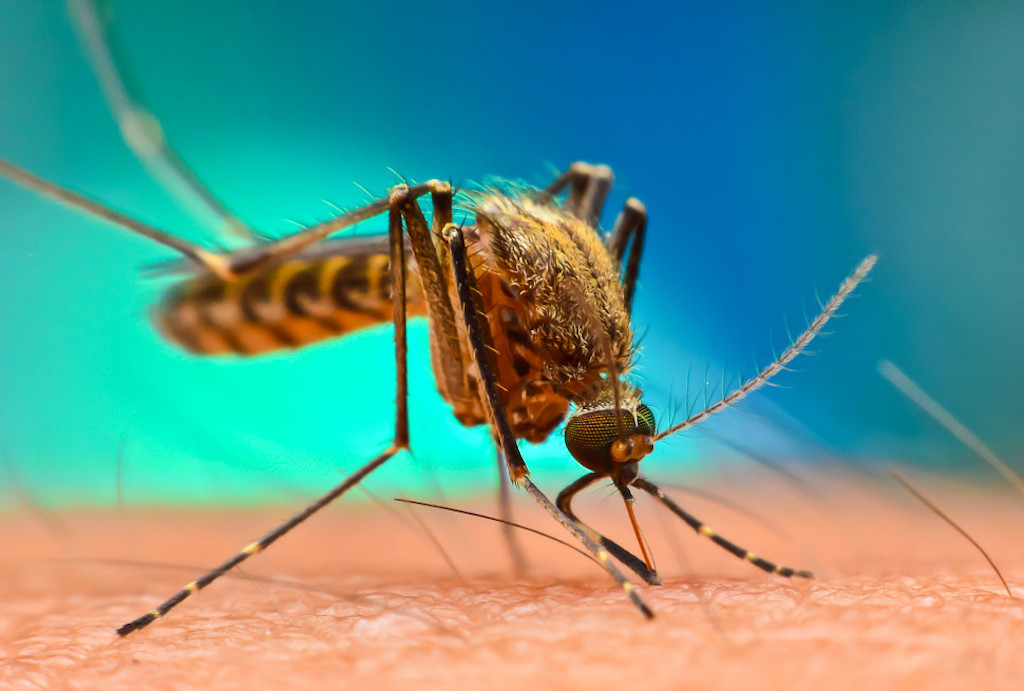- Venomous crustacean from Mayan underwater caves provides new drug candidates
- Improved water quality offsets in growing cities could protect Great Barrier Reef
- Dietary zinc inhibits antimicrobial resistance gene transmission in lab tests
- Signaling pathway provides new insights into how cells recognize and repair DNA damage
- Drier winter habitat impacts songbirds' ability to survive migration
What do you believe is the single most important factor driving up the cost of living in Nigeria?

Drier winter habitat impacts songbirds' ability to survive migration
A new study from researchers at the Smithsonian's National Zoo and Conservation Biology Institute (NZCBI) shows environmental conditions in migratory birds' winter homes carry over to affect their ability to survive spring migration and the breeding season.
While scientists have long known that the quality of winter, or non-breeding, habitat influences migratory birds' migration timing and reproductive success, the study, published today in Current Biology, marks the first time researchers have linked winter conditions with migration survival.
Analysis of the data for both the Kirtland's warbler and the black-throated blue warbler revealed reduced rainfall and diminished vegetative productivity in the birds' Caribbean non-breeding habitats resulted in fewer birds surviving spring migration. For Kirtland's warblers, poor quality winter habitat also reduced survival in the subsequent breeding season.
As bird populations continue to decline, understanding the factors influencing their survival throughout the year is crucial. The Caribbean is expected to get drier in the coming decades due to climate change, suggesting migratory bird species such as these warblers could face even greater challenges going forward.
"If winter habitat quality continues to degrade over the next half-century due to climate change, we can now say that it will reduce birds' ability to survive spring migration," said Nathan Cooper, the study's lead author and research ecologist at NZCBI. "That knowledge can help us prioritize conservation measures on the most drought-resistant non-breeding grounds."

- October 4, 2024
Climate lessons from the fall of a Pacific chiefdom


- October 5, 2024
Researchers reveal key mechanism in regulating DNA recombination

- October 5, 2024
Meta's Movie Gen lets users animate photos into videos



- October 5, 2024
How Nigerians should treat uncomplicated malaria – NMEP
Subscribe to our mailing list to get the new updates!

Subscribe our newsletter to stay updated
Thank you for subscribing!







